
Organized by the Chinese Emergency Management Society and Beijing Sport University, and undertaken by the Sports Events and Safety Committee of the Chinese Emergency Management Society, the "Symposium on the Development of Sports Events in China under the Normalization of Epidemic Prevention and Control" was held at the Olympic Lecture Hall of Beijing Sport University on the morning of October 30. This is the first academic seminar on the development of sports events under the normalization of epidemic outbreaks in China, and the meeting was held through a combination of online and offline methods.
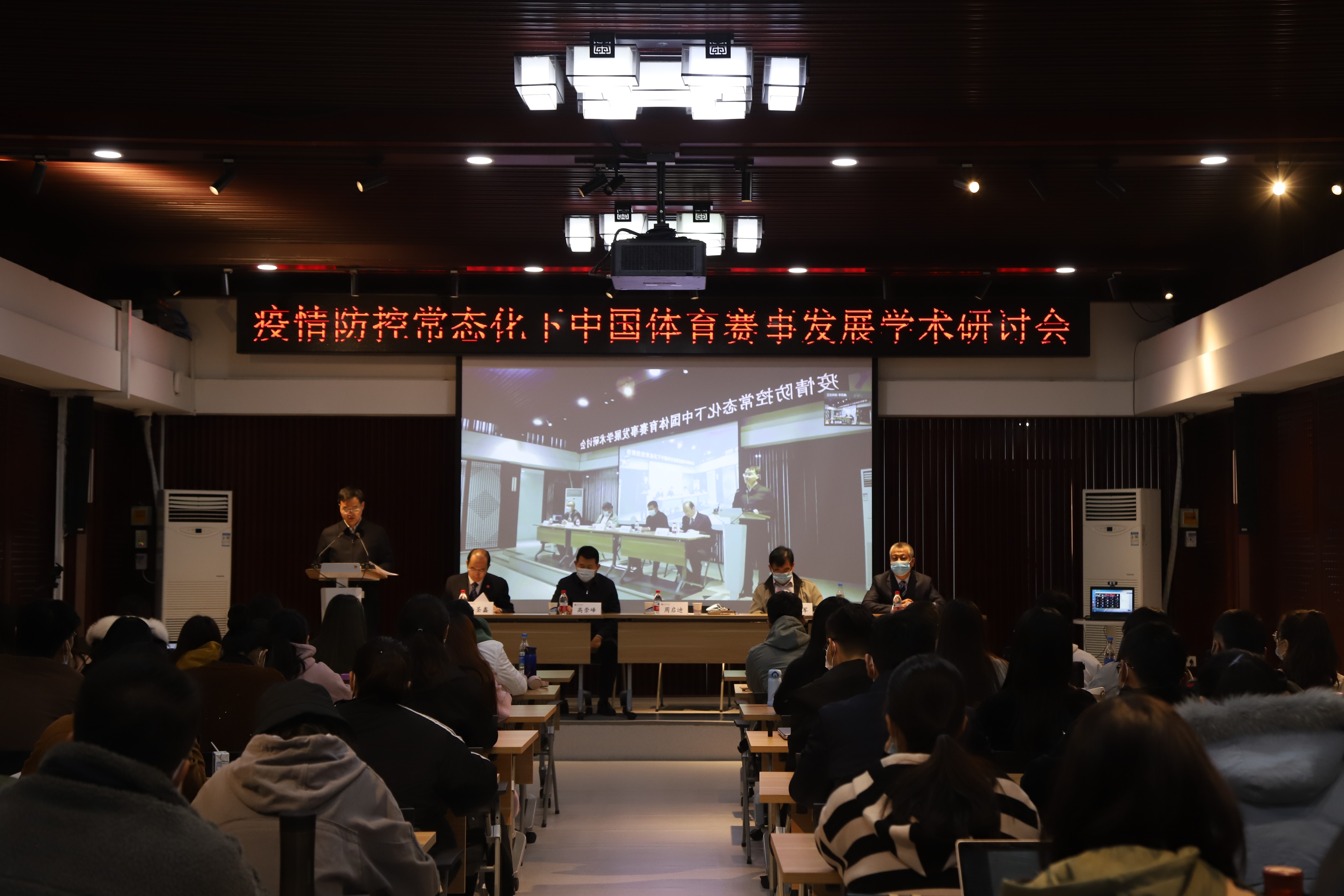
At the opening ceremony, Zhou Qidi, executive director of the China Emergency Management Society and chairman of the Sports Events and Safety Working Committee, member of the Standing Committee of the Party Committee and vice president of Beijing Sport University, delivered a speech. He pointed out that the current prevention and control of neo-coronary pneumonia in China has shifted to normalized prevention and control, which provides a favorable environment for the orderly resumption of sporting events and activities. Sports events and activities are the ontological industry of sports, and it is necessary to focus on the study of the safety standards and procedures of sports events that can meet the requirements of epidemic prevention and control, especially on the safety issues of running international comprehensive events currently hosted by China, as well as on the study of the safety of youth sports events and activities.
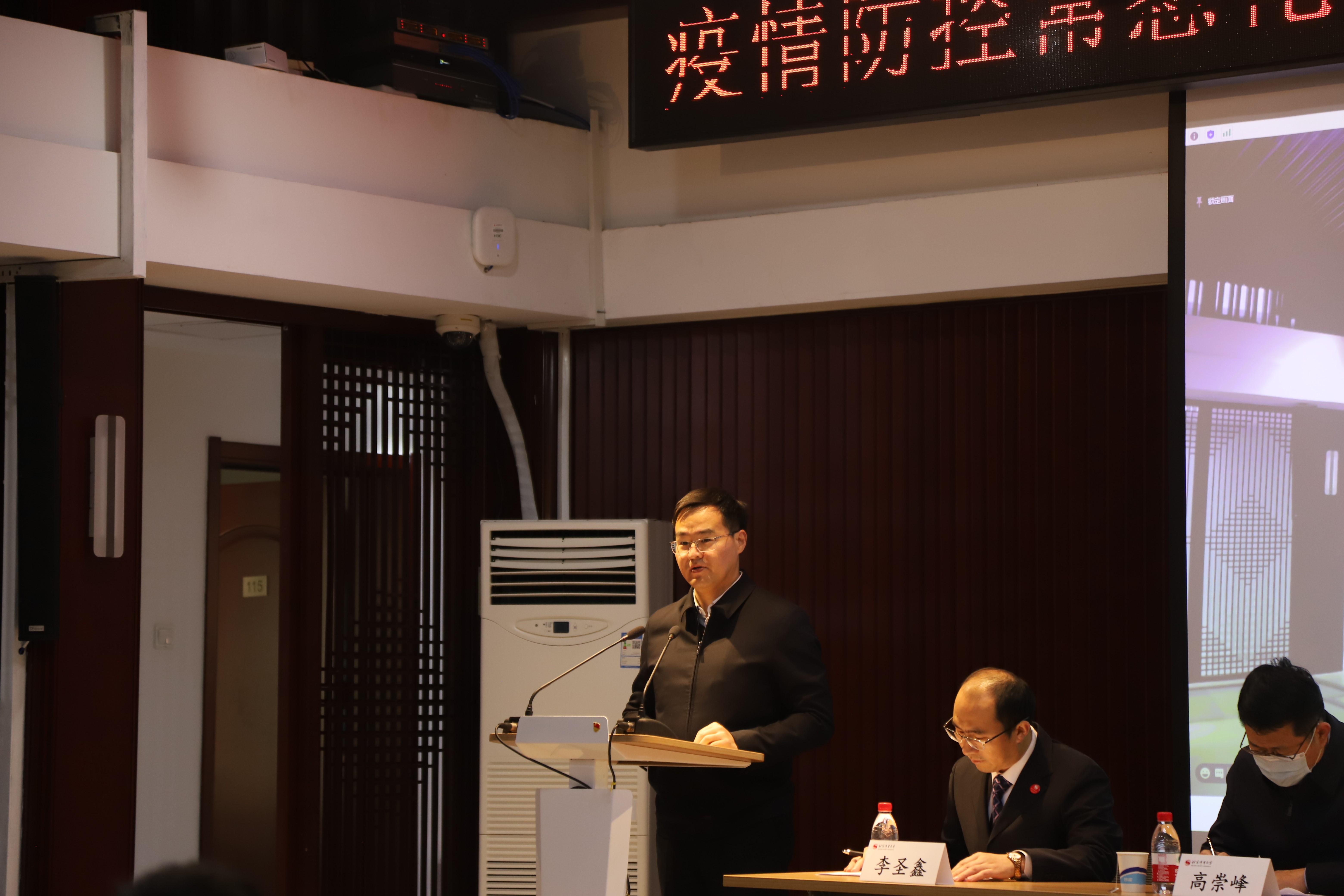
Gao Chongfeng, project director of the Chinese Society of Emergency Management, pointed out in his speech that the normalization of epidemic prevention and control has put forward higher requirements for the preparation, conduct, logistics and safety protection of sports events.

In the main report of the conference, Professor Liu Qingzao of Shanghai Institute of Physical Education systematically analyzed the status risk prevention and emergency response for large multi-sport games in China.
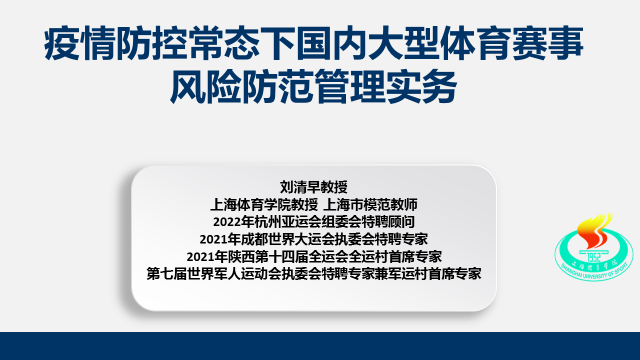
Professor Ling Ping of Hangzhou Normal University analyzed the possible impact of the epidemic and changes in the international environment on the hosting of large international sporting events in China. He pointed out that the impact of international environmental changes and epidemics on the Beijing Winter Olympics and Hangzhou Asian Games must be addressed and crisis management plans must be made.
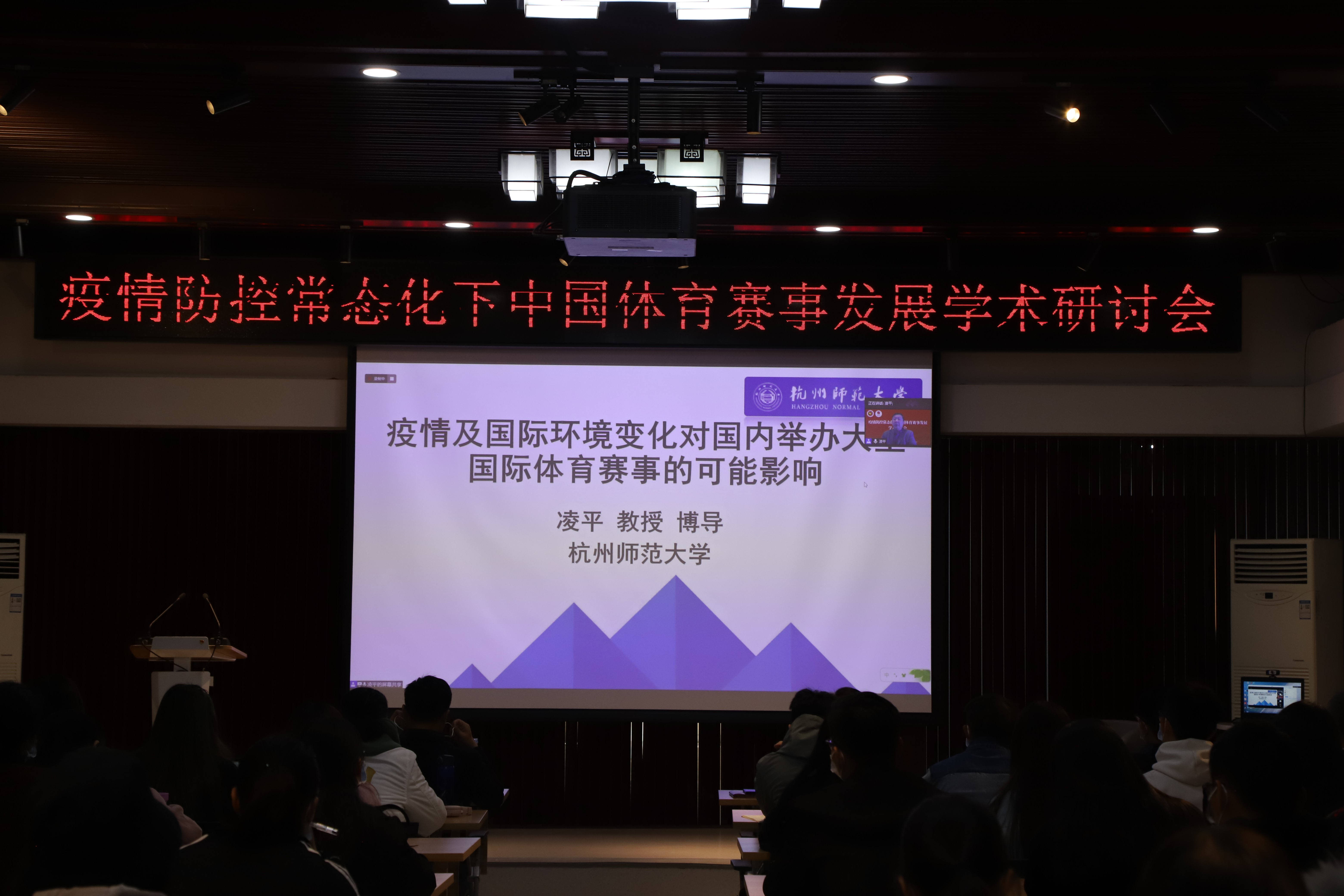
Bai Yufei, a researcher from the China Institute of Sports Strategy at Beijing Sport University, gave a keynote speech on the topic of double cycle, digital economy and event supply.Professor Bai proposed that we should aim at the market trend, do a good job in making fine and strong intelligent sports, build a solid foundation for promoting the sports industry to become a pillar industry of the national economy, and contribute Chinese solutions for the global sports industry to enter the era of digital sports.
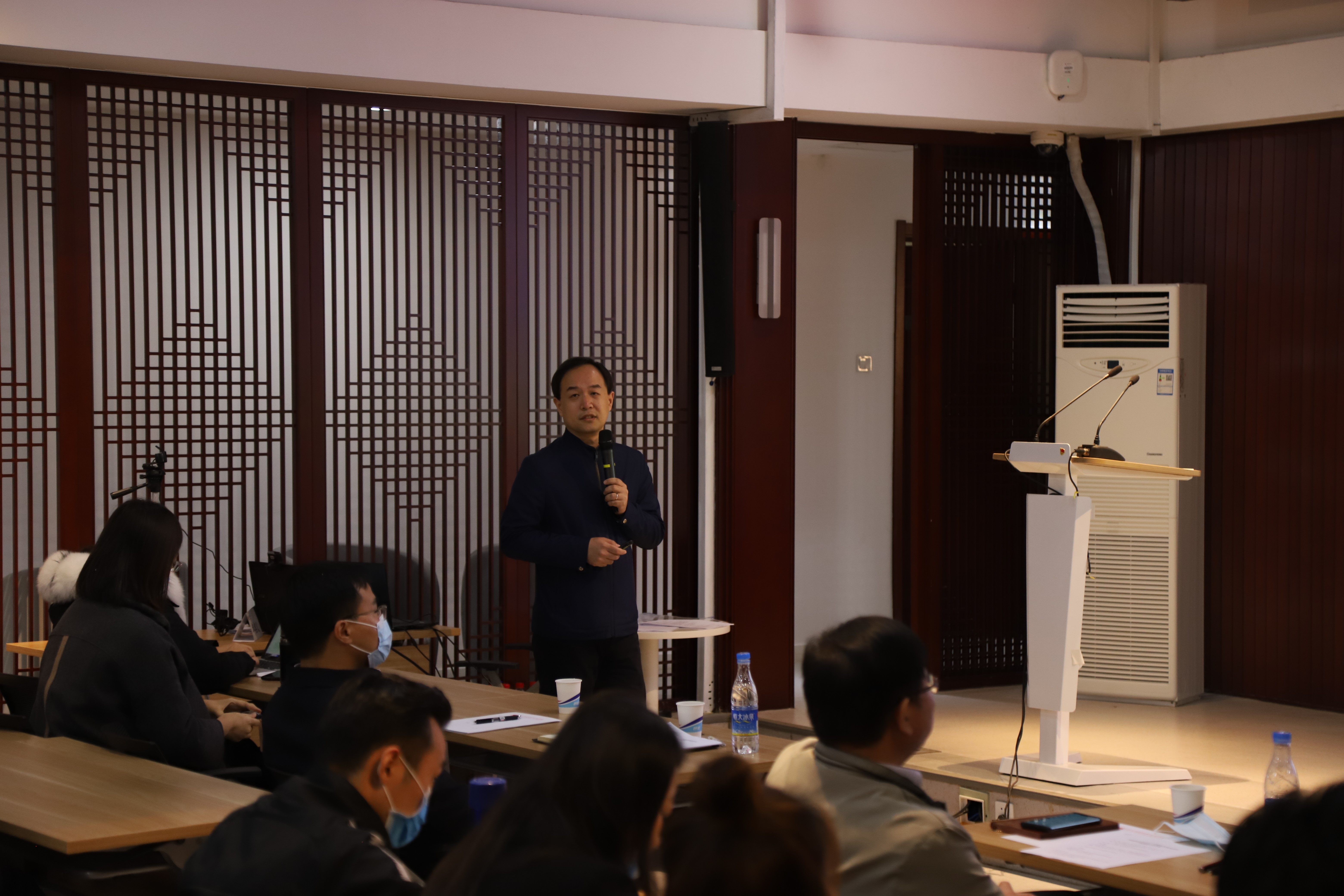
The forum also held a roundtable forum with the theme of "how to coordinate the prevention and control of epidemic and the recovery and development of sports events". According to the experts, the impact of the epidemic on sports is direct, but also prompted Chinese sports investors and managers to learn to stay calm, and all enterprises have adjusted their business layout during the epidemic to focus on their main business and prepare for the orderly recovery of sports events and activities. The experts also discussed the development of sports emergency management personnel and safety standards for sporting events.
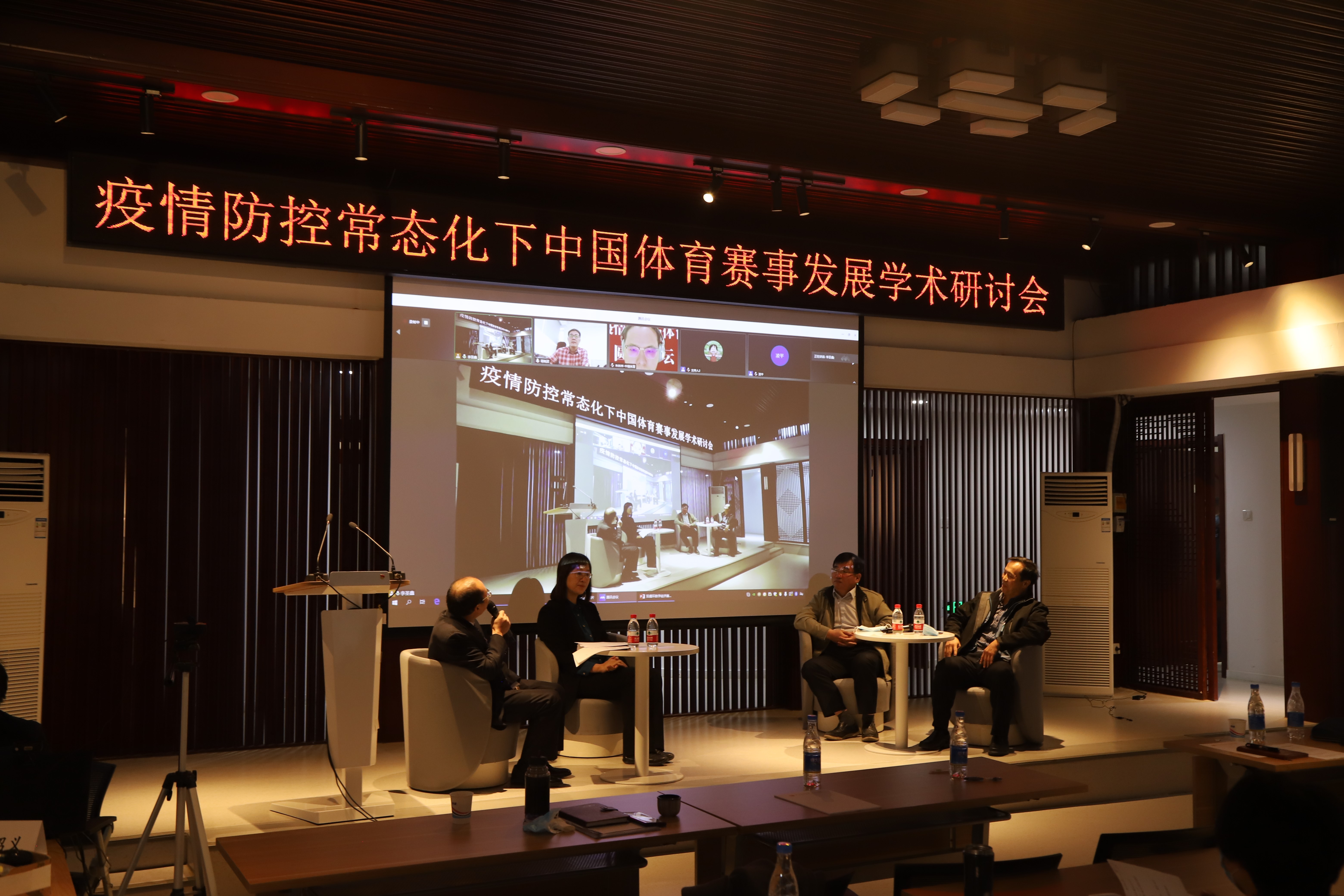
The seminar was open to the public through Tencent Conference Cloud Live, and nearly 300 people from Peking University, Zhejiang University and other domestic universities listened to the seminar through online means. Li Shengxin, vice president of the School of Management of Beijing Sport University, presided over the meeting. The Sports Events and Safety Working Committee of the China Emergency Management Society was established on July 31, 2020, and is attached to Beijing Sport University, with its secretariat in the School of Management.